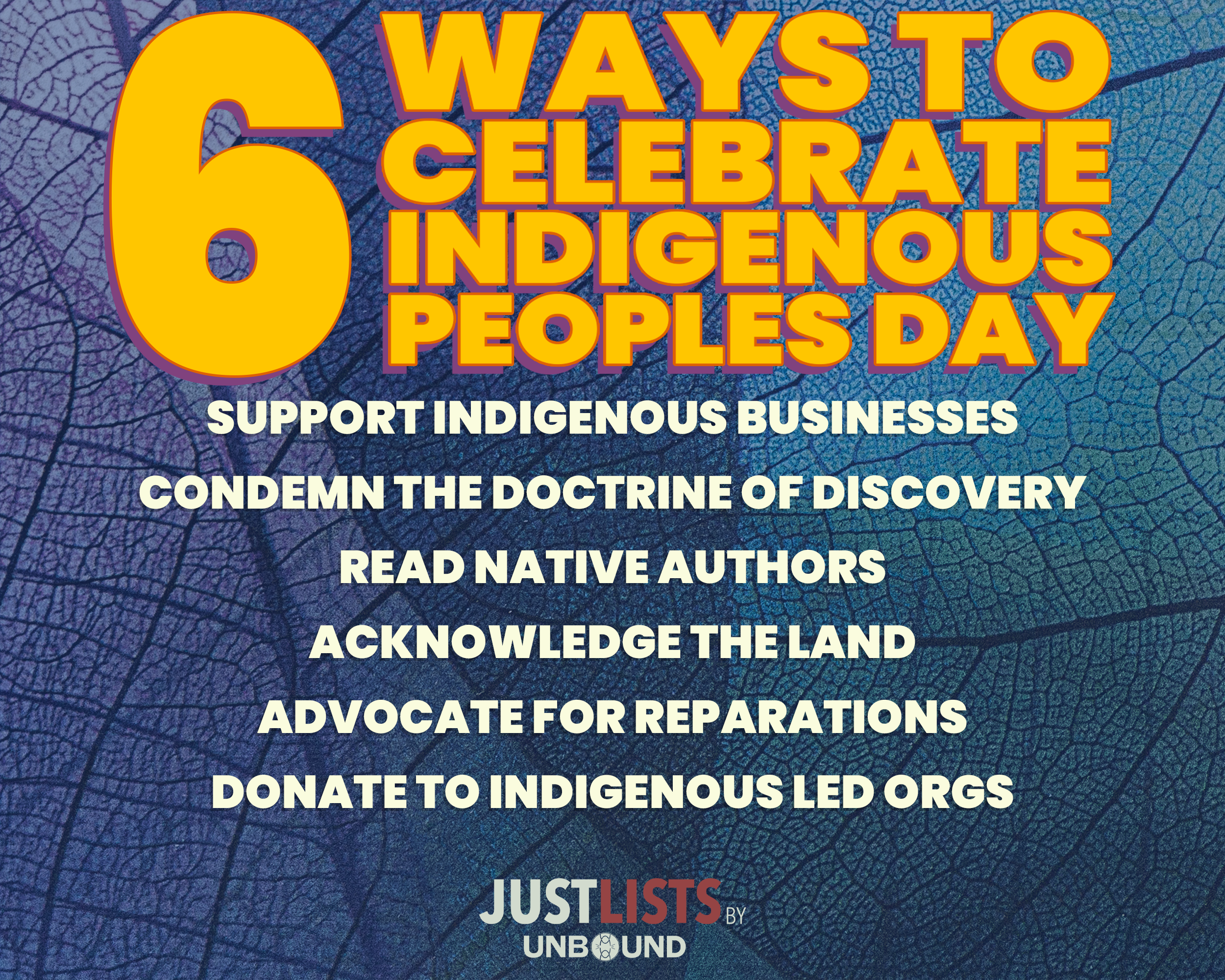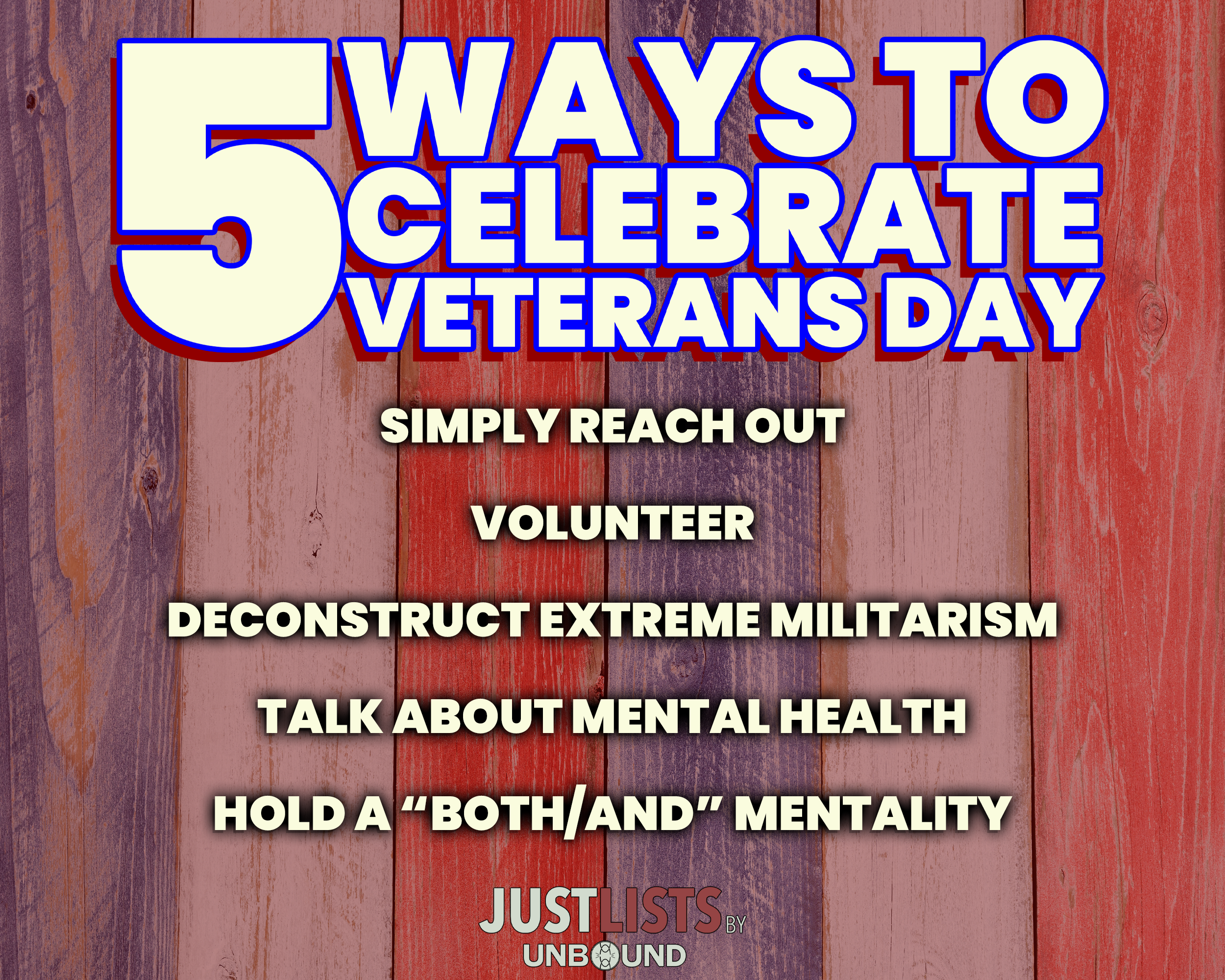THE BLUES
Reading poetry is one of the ways some of us nourish our faith, a way we set or reset our inner compass and stay focused on the big picture, on the spiritual journey. I know that is true for me. ‘Setting the Inner Compass’, is a column where I share poems that I find meaningful and hope others do as well.
Ann and I have been traveling so I apologize that my column is late this month. The theme is ‘The Blues’. For more than twenty years, I have hosted BLUES VESPERS in Tacoma and Seattle Washington. I came up with the idea of bringing ‘the Blues’, what some people call the devil’s music, to church sometime in 1999. Blues Vespers is a blues concert with a poem and a brief reflection. Currently Blues Vespers is held at Kilworth Chapel at the University of Puget Sound and occasionally at The Interfaith Community Sanctuary in Seattle. More about Vespers and my journey with blues music and musicians another time.
Blues songs are about human experiences of loss, pain, and loneliness. Sometimes a blues song invites empathy. At other times they ask for help, like the classic ‘Help Me’ credited to Sonny Boy Williamson and Willie Dixon
You got to help me; I can’t do it all by myself.
You got to help me, baby, I can’t do it all by myself”
The song may be about a relationship between a man and a woman, but its opening words apply to life in general especially in the fall of 2021. We can’t do it by ourselves. Times are hard for many of us. Covid’s been with us for well over a year and a half, there has been loss, sickness, and fear. It’s been a long hard season with the impact of climate change in our weather, with intense political division, and a general uncertainty about what’s happening next. A lot of the folks I know are tired, strained and stressed. They have the blues. We need each other.
Blues music began and grew out of the black experience in this country, with women and men taken against their will from Africa. They brought with them a unique five note pentatonic scale. They sang out of their experience. It started with field hollers and then got caught up in the strange blend of sexual longing and gospel music. Blues music eventually headed up the river to Memphis and Chicago where it met electric guitars and eventually blended with rock n roll.
Today, some like Buddy Guy in a 2020 New Yorker interview, worry that the blues is a dying art form. My dear friend and brother, the legendary NY based Blues singer Bill Sims Jr. did not agree. Bill died in 2019 and wrote the music for Ruben Santiago Hudson’s Lackawanna Blues which opened on Broadway this fall.
He understood the timeless nature of the songs he sang, “The Blues never goes out of date because essentially these songs are about people telling other people what’s going on right and wrong in their lives.” Amen, Bill, Amen!
Blues music takes lots of different forms. As I wrote in the opening paragraph, it is a music that invites empathy, reaching out and caring about what another person is feeling and going though. It is a music that tells you are not alone when you feel weary, hurt, or lonely. I can’t help but think again about Bill. Bill Sims Jr. knew that quality in the blues he sang and would say near the end of his shows, ” Be kind, for everyone you meet is fighting a hard battle.” He understood how the music he played helped make a connection between people, help them know they are not alone, and they don’t have to “do it by themselves.”
Billy Collins gets at this quality of blues music in his poem, one of my favorites, The Blues. The poem first appeared in his book, The Art of Drowning (University of Pittsburgh Press). It is also in his anthology, Sailing Alone Around the Room (Random House). Sadly, the publisher did not grant me permission to reproduce, without a fee, the entire poem. (The first time this happened in two years.) The poem begins,
“Much of what is said here
must be said twice,
a reminder that no one
takes an immediate interest in the pain of others.”
It goes on to celebrate the way the music reaches out and that the audience will not only listen,
“they will shift to the sympathetic edges of their chairs…”
I really like that line “shift to the sympathetic edges of their chairs.” I encourage you to read the poem in its entirety.
One of the ways forward in this difficult season is sharing our struggles with others. Knowing we are not alone gives us strength and may help us find the path forward. Blues music is about life, it’s a sharing of struggle. It is the music for today. We can’t do it by ourselves.
Peace,
Dave
Rev. Dave Brown is a writer, creator/host of Blues Vespers, one of the PNW Interfaith Amigos and former pastor of Immanuel Presbyterian Church, Tacoma, WA. He serves on the PCUSA Education Roundtable. ([email protected]).






Unbound Social